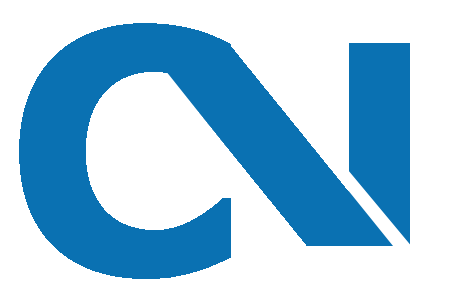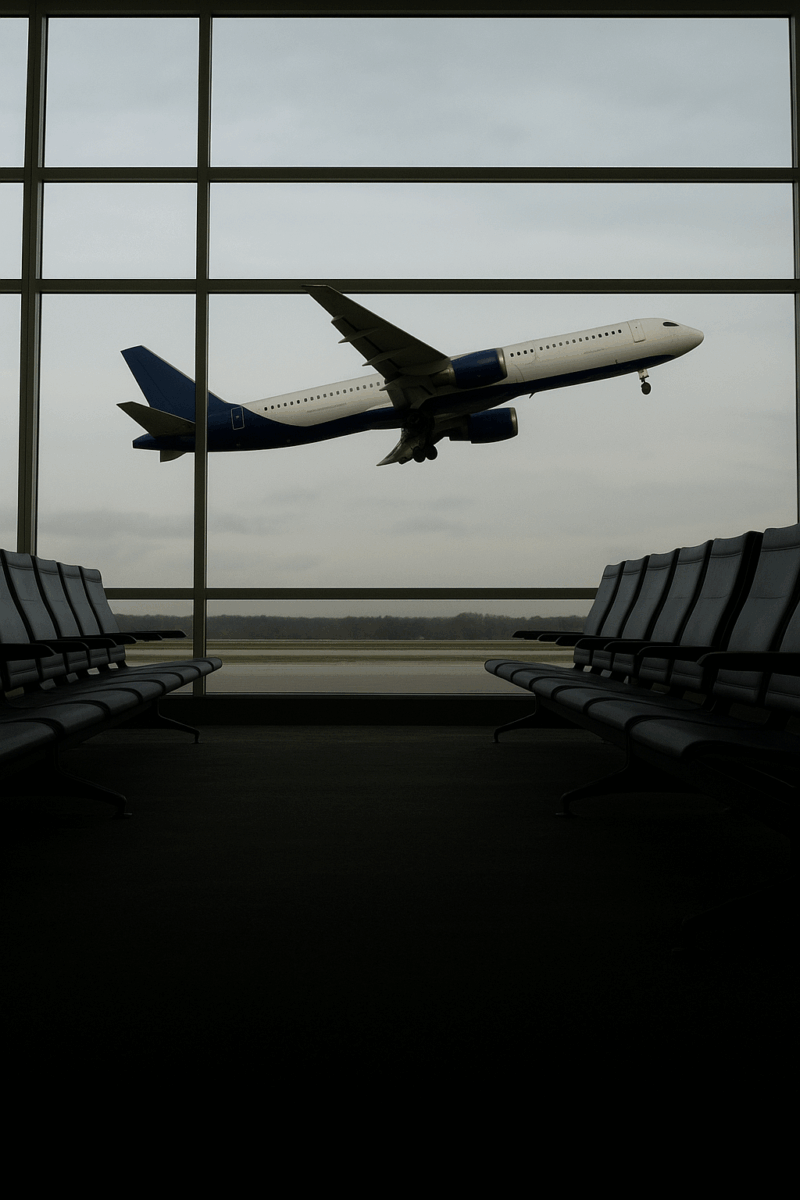In a move that has stirred national attention, American Airlines and Delta Air Lines confirmed that several employees were removed from duty after making online remarks about the recent attack on conservative commentator Charlie Kirk. The airlines’ decisions have quickly ignited a firestorm of debate across the country, raising questions about free speech, corporate responsibility, and the boundaries of professional conduct in the digital age.
Background of the Incident
Charlie Kirk, founder of Turning Point USA, has been a polarizing figure in American politics. Following the shocking news of the assassination attempt against him, reactions flooded social media. While many expressed sympathy and outrage, others reportedly posted celebratory or mocking comments. According to reports, some of these remarks were allegedly made by employees of major U.S. airlines, including pilots and ground crew.
Both American Airlines and Delta swiftly responded. Officials from the companies stated that the behavior was inconsistent with their corporate values, especially when connected to violence and loss of life. As a result, the employees involved were either suspended or placed on leave pending further investigation.
Airlines’ Official Response
Delta Air Lines issued a statement clarifying that “social media posts that condone violence or celebrate tragedy are unacceptable and violate company standards.” American Airlines echoed a similar position, emphasizing that all employees are expected to uphold professional conduct, both in and out of the workplace.
Both carriers underscored that the suspensions were not necessarily final decisions but rather part of an internal review process. However, the move has already sparked a wide-ranging national discussion.
Public Reactions and Debate
Reactions to the airlines’ actions have been deeply divided. Supporters of the decision argue that airline employees, especially pilots and crew members entrusted with passenger safety, must be held to higher standards. They claim that celebrating violence undermines public trust in the aviation industry.
On the other hand, critics view the suspensions as an overreach, claiming that employees are being punished for expressing their personal opinions on private social media accounts. Some free speech advocates argue that while the comments may be distasteful, disciplining workers sets a dangerous precedent that could stifle open expression.
Impact on Corporate America
This controversy highlights a growing challenge for corporations: managing the balance between free speech and corporate reputation in the digital age. With social media blurring the lines between personal and professional life, companies face increasing pressure to take action when employees’ posts spark outrage.
For the airlines, which operate in one of the most visible and heavily regulated industries, the stakes are even higher. Maintaining public trust is critical. Experts suggest that both American Airlines and Delta are trying to send a clear message that employees associated with their brand must not undermine public confidence through irresponsible online behavior.
Legal and Ethical Questions
The incident also raises legal and ethical questions. In the United States, free speech is constitutionally protected, but that protection generally applies against government restrictions, not private employers. Companies often have wide discretion to discipline employees if their behavior—online or offline—damages the company’s image.
However, employee rights groups caution that corporations must tread carefully to avoid unfairly punishing workers for personal opinions expressed outside of work. This case may ultimately fuel further debate about where the line should be drawn.
Conclusion
The removal of airline employees over comments about Charlie Kirk is more than just a company disciplinary issue; it reflects broader tensions in American society. Free speech, corporate image, and political polarization continue to collide in ways that test both employers and workers. As the investigations continue, the outcome will likely influence future corporate policies and spark continued discussion about the limits of personal expression in the workplace.


